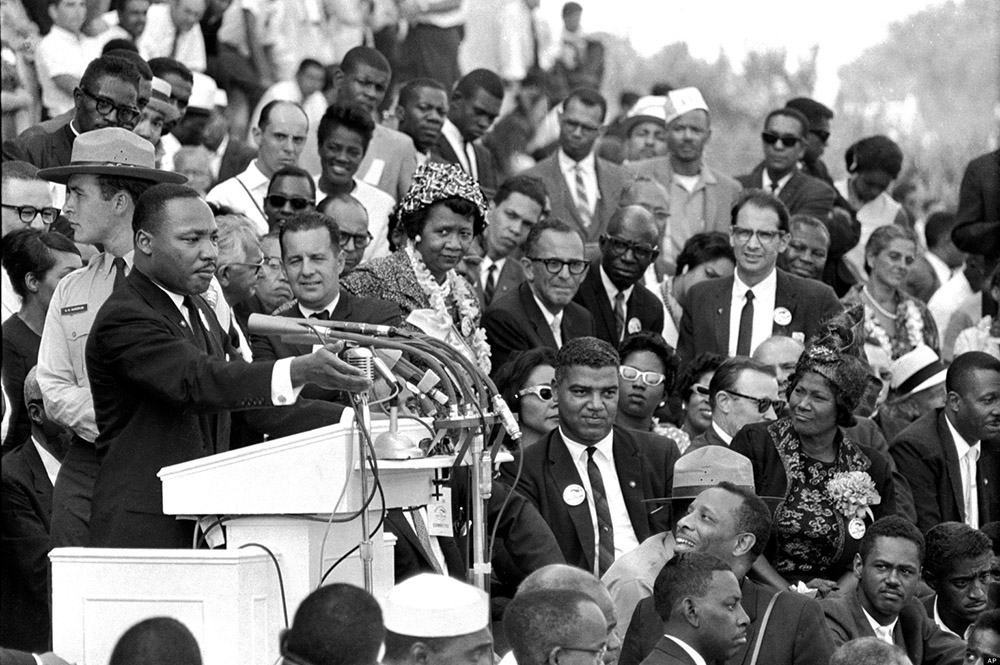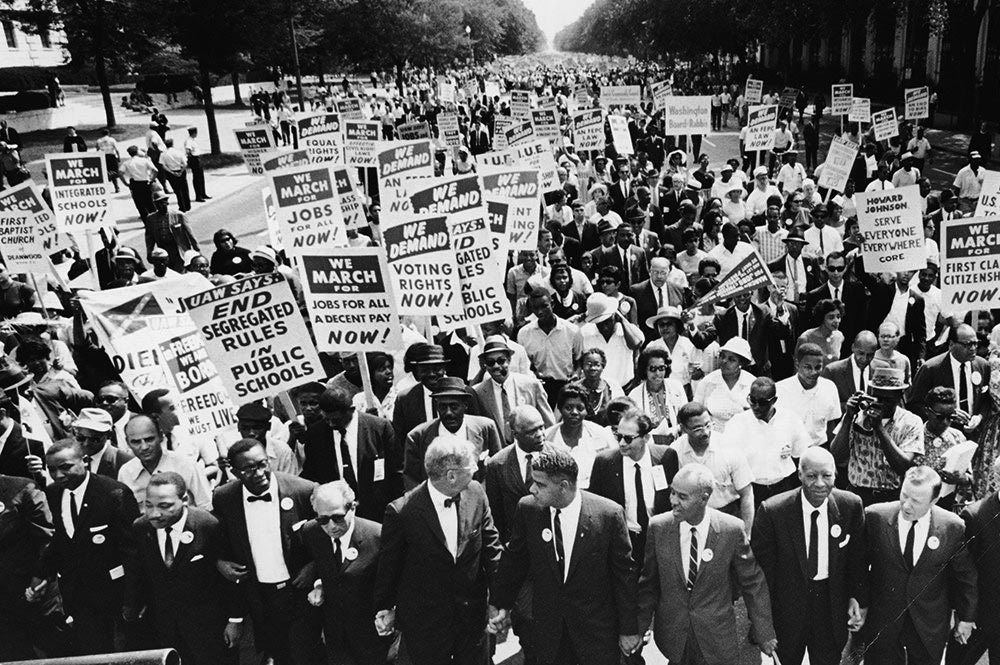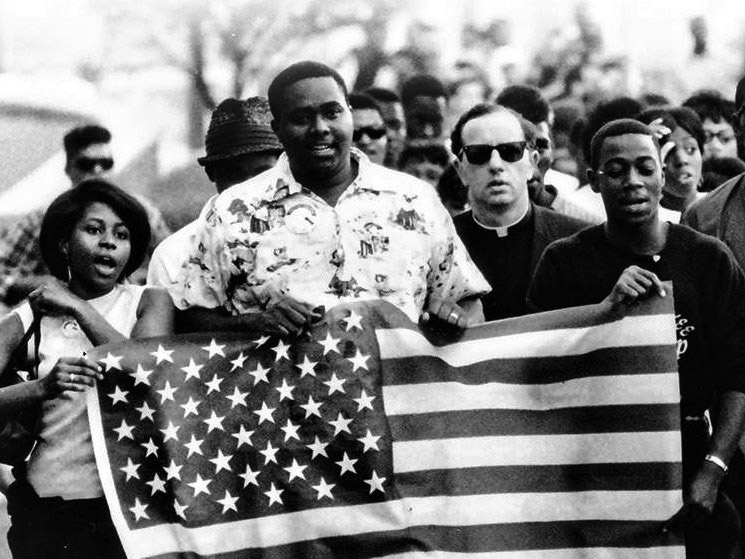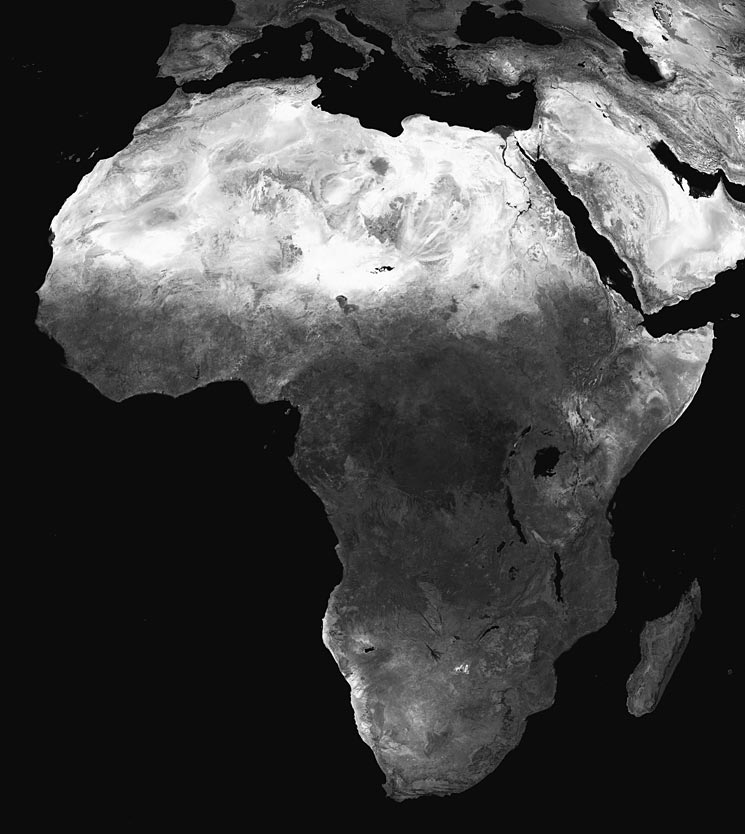History of the Department
Black Studies emerged in the 1960s as an outgrowth of the Civil Rights and Black Power Movements and the demand for scholarly recognition and scrutiny of the life experiences and perspectives of peoples of African descent in the United States and across the world. The Department of African and African Diaspora Studies at the University of Wisconsin-Milwaukee traces its origins to May 1968 when the university approved the creation of the Center for Afro-American Culture. That Center was one of the first two Afro-American Studies programs in the United States and was developed in response to student demands and grassroots movements here in Milwaukee and across the nation.
The Center for Afro-American Culture at UWM was established in 1968 and opened in 1969, with a curriculum that was framed broadly. Over the years, African and African Diaspora Studies has strengthened its foundations in order to better meet expanding student demand and incorporate new disciplinary developments. By 1971, the Center achieved departmental status and became the Department of Afro-American Studies. In 1980, the department implemented a BA degree program organized around two concentrations: political economy and public policy, and culture and society. In 1986, the department began offering a minor in Afro-American Studies.
In 1994, the department was renamed to the Department of Africology, a term coined by long-time department chair Dr. Winston Van Horne, to reflect the focus on experiences of people of African descent all over the world. The name change was meant to signal the department’s broad international perspective and distinguish it from those that focused exclusively on either African-American or African Studies. In 2018, the department changed its name once again, this time to the Department of African and African Diaspora Studies. This name continues to signify a global focus but reflects changing norms and attitudes about nomenclature within the discipline. Current faculty in the Department of African and African Diaspora Studies examine issues facing people of African descent all over the world, including in sub-Saharan Africa, Latin America, the Caribbean, Europe, and the United States.
In June 2008, the department was granted approval for a PhD program by the University of Wisconsin Board of Regents, and the first doctoral students began the PhD program in the fall of 2010. The PhD program is one of only about two dozen doctoral programs in African and African Diaspora Studies in the nation and has graduated several PhDs who now hold faculty and non-profit positions around the country. In December 2018, the department was granted approval for a master’s program by the by the University of Wisconsin Board of Regents. The faculty is anticipating receiving master’s students into the program in the fall of 2020.
From the time of its inception, the Department of African and African Diaspora Studies has implemented programs that foster meaningful exchanges between the university and the wider Milwaukee community. Beyond educating future leaders and community members, the relationship between UWM African and African Diaspora Studies and Milwaukee is promoted through Black History and Liberation Month programming, involvement of the African and African Diaspora Studies faculty with Community Brainstorming where the faculty presents once a year, and study abroad programs that take students to Ghana, Ethiopia, and Belize.
Indigenous Land Acknowledgement
We acknowledge in Milwaukee that we are on traditional Potawatomi, Ho-Chunk and Menominee homeland along the southwest shores of Michigami, North America’s largest system of freshwater lakes, where the Milwaukee, Menominee and Kinnickinnic rivers meet and the people of Wisconsin’s sovereign Anishinaabe, Ho-Chunk, Menominee, Oneida and Mohican nations remain present.



